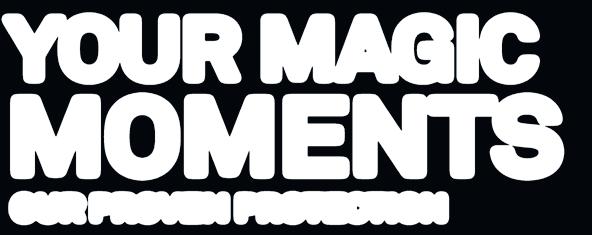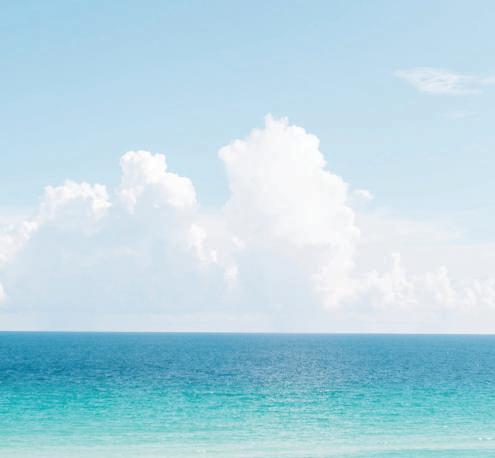
2 minute read
Mad, bad and sad ... but I still say Vive La France
MICHAEL WOLSEY
I LOVE France. I love the culture and the pride that preserves it. I love the language, although my capability has never got much above schoolboy level. I love the food and the care that is lavished on it by chefs, from the small café owner to the five-star celebrity. It is a country of startling contrasts where rugged coasts and stony foreshores give way to glorious sweeping beaches; surging mountain streams feed wide. sluggish lakes with flamingos feeding in their waters and deer grazing on the banks. It is a land of little villages where time stands still and of modern, sophisticated cities, linked by great roads and Europe’s best railway system. But the biggest contrast is provided by the people. They are sometimes said (by the English in particular) to be unfriendly . I have never found it so. French people are friendly but they expect certain rules to be observed. They have a natural reserve and an insistence on good manners that deserves respect.
Advertisement
A French shopkeeper will greet you with ‘bonjour’ before commencing business. A waiter will bid you ‘au revoir’ as you leave. They will both address you as madame or monsieur and expect you to extend the same courtesy.
So how can people who take such pride in formal good manners behave so badly when roused to protest?
When French fishermen are angry, they blockade ports, close down shipping lanes and hurl rotting fish onto the streets.
When French farmers protest, they barricade main roads, make bonfires from tractor tyres and dump animal carcasses on the town hall steps. When French air traffic controllers strike, as they seem to do every summer, they close down flights all over Europe, disrupting business with which they have no quarrel and destroying the holidays of families, most of whom were not going to France and have no interest in the dispute.
And when French protestors take to the streets ... well, we’ve all seen what happens. They set those streets on fire. They wreck shops. they fight with the security forces.
We’ve seen it in protests over the shooting by police of a young motorist. We saw it in protests against raising the pension age. We saw it a few years ago in the Gilets Jaunes protests, and nobody seemed certain what they were about, not even the Yellow Vest wearers themselves.
Different reasons for discontent, but the same ridiculous over-reaction every time. I don’t know of any other democracy in Europe where people respond in this way. Yes, they go on strike everywhere; they march, they chant, they cause some disruption. But France is the only country where protestors set about the demolition of their own towns and cities.
This is not some new phenomenon. I was a teenager myself when, back in the late 1960s, the teenagers of France took to the streets, demanding education reform. Their protest started in a Paris suburb and led to riots and widespread destruction throughout the country. Commentators said it was the worst rioting since the Popular Front era of the 1930s. Historians traced the roots back further, to the nineteenth century Communards, to the student uprising that Victor Hugo made central to Les Misérables, and to the French Revolution itself. So maybe there is some unique trait in the French character that turns discontent into violent protest. I spoke ot the contradiction between the actions of many French people and their innate courtesy and good manners. Another contradiction is how the economy continues to survive, and even thrive, despite upheavals that would prove ruinous elsewhere. And how French people will put aside their differences to welcome a visitor.
Several times in recent years friends have suggested I should cancel a trip to France or a holiday there in case I get caught up in the latest outbreak of trouble.
I have ignored that advice and I will ignore it again this year when I visit an old pal who lives near Avignon.
In France they say, ‘après la pluie, le beau temps’ : after the rain, good weather. And so it always seems in this lovely, contradictory country where, as they also say, ‘impossible n’est pas français’.














